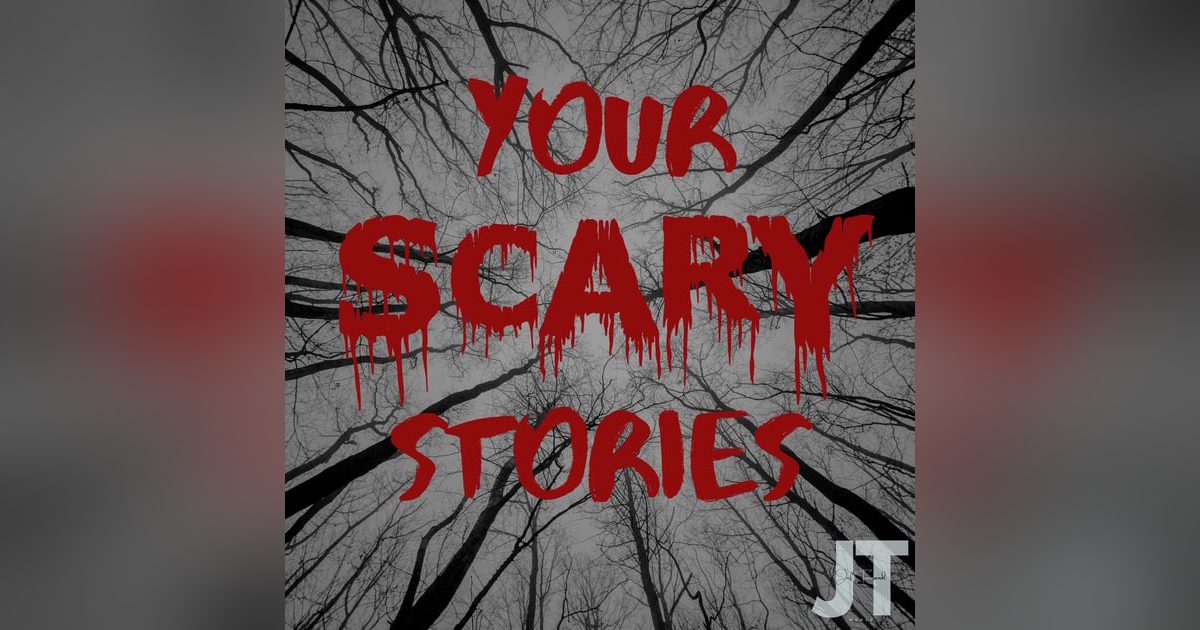On this episode, we continue our informal miniseries on the 1980s movies of director Martha Coolidge with a look back at her 1985 under appreciated classic, Real Genius.
----more----
TRANSCRIPT
From Los Angeles, California, the Entertainment Capital of the World, it’s The 80s Movies Podcast. I am your host, Edward Havens. Thank you for listening today.
Before we hop in to today’s episode, I want to thank every person listening, from whatever part of the planet you’re at. Over the nearly four years I’ve been doing this podcast, we’ve had listeners from 171 of the 197 countries, and occasionally it’s very surreal for this California kid who didn’t amount to much of anything growing to think there are people in Myanmar and the Ukraine and other countries dealing with war within their borders who still find time to listen to new episodes of a podcast about 33 plus year old mostly American movies when they’re released. I don’t take your listenership lightly, and I just want you to know that I truly appreciate it. Thank you.
Okay, with that, I would like to welcome you all to Part Three of our informal miniseries on the 1980s movies of director Martha Coolidge.
When we left Ms. Coolidge on our previous episode, her movie Joy of Sex had bombed, miserably. But, lucky for her, she had already been hired to work on Real Genius before Joy of Sex had been released.
The script for Real Genius, co-written by Neal Israel and Pat Proft, the writers of Bachelor Party, had been floating around Hollywood for a few years. It would tell the story of a highly intelligent high school kid named Mitch who would be recruited to attend a prestigious CalTech-like college called Pacific Tech, where he would be teamed with another genius, Chris, to build a special laser with their professor, not knowing the laser is to be used as a weapon to take out enemy combatants from a drone-like plane 30,000 feet above the Earth.
ABC Motion Pictures, a theatrical subsidy of the American television network geared towards creating movies that could be successful in theatres before playing on television, would acquire the screenplay in the early 1980s, but after the relative failure of a number of their initial projects, including National Lampoon’s Class Reunion and Young Doctors in Love, would sell the project off to Columbia Pictures, who would make the film one of the first slate of films to be produced by their sister company Tri-Star Pictures, a joint venture between Columbia, the cable network Home Box Office, and, ironically, the CBS television network, which was also created towards creating movies that could be successful in theatres before playing on television. Tri-Star would assign Brian Grazer, a television producer at Paramount who had segued to movies after meeting with Ron Howard during the actor’s last years on Happy Days, producing Howard’s 1982 film Night Shift and 1984 film Splash, to develop the film.
One of Grazer’s first moves would be to hire Lowell Ganz and Babaloo Mandel, writers on Happy Days who helped to create Laverne and Shirley and Joanie Loves Chachi, to rewrite the script to attract a director. Ganz and Mandel had also written Night Shift and rewrote the script for Splash, and Grazer considered them his lucky charm. After trying to convince Ron Howard to board the project instead of Cocoon, Grazer would create a list of up and coming filmmakers he would want to work with. And toward the top of that list was Martha Coolidge.
Coolidge would naturally gravitate towards Real Genius, and she would have an advantage that no other filmmaker on Grazer’s list would have: her fiancee, Michael Backes, was himself an egghead, a genius in physics and biochemistry who in the years to come would become good friends with the writer and filmmaker Michael Crichton, working as a graphics supervisor on the movie version of Chricton’s book Jurassic Park, a co-writer of the screenplay based on Chricton’s book Rising Sun, and an associate producer on the movie version of Chricton’s book Congo.
Once Coolidge was signed on to direct Real Genius in the spring of 1984, she and Backes would work with former SCTV writer and performer PJ Torokvei as they would spend time talking to dozens of science students at CalTech and USC, researching laser technology, and the policies of the CIA. They would shape the project to something closer to what Grazer said he loved most about its possibility, the possibility of genius. "To me,” Grazer would tell an interviewer around the time of the film’s release, “a genius is someone who can do something magical, like solve a complex problem in his head while I'm still trying to figure out the question. I don't pretend to understand it, but the results are everywhere around us. We work, travel, amuse ourselves and enhance the quality of life through technology, all of which traces back to what was once an abstract idea in the mind of some genius.”
When...





